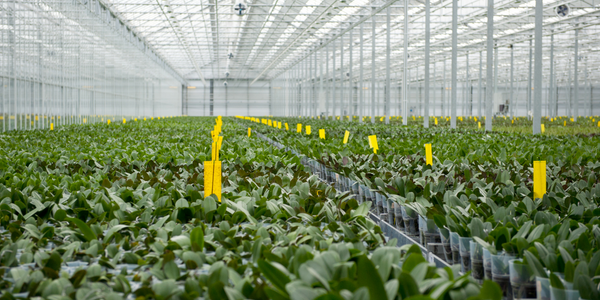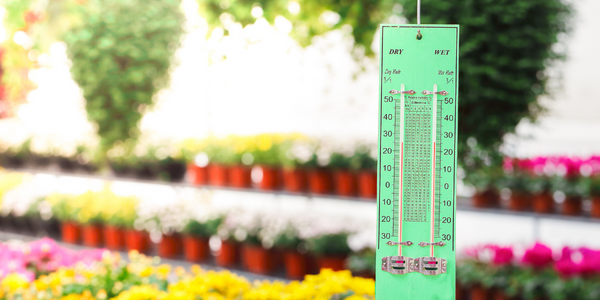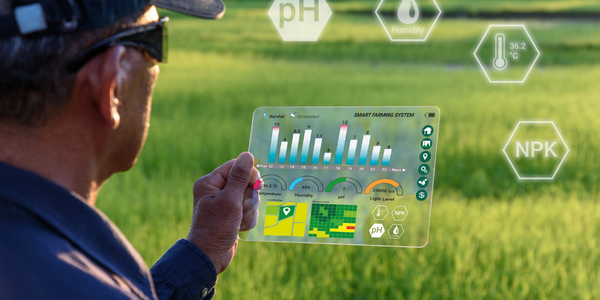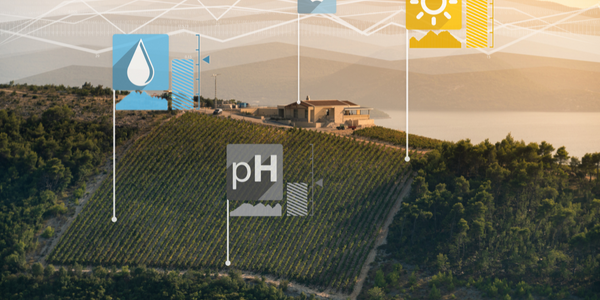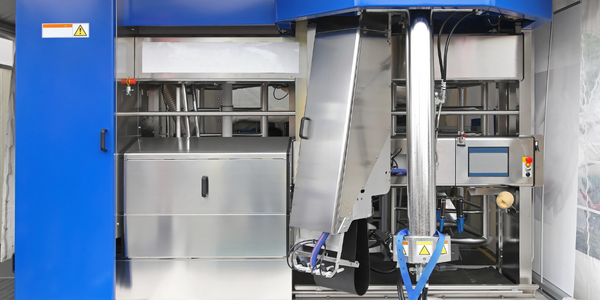技术
- 应用基础设施与中间件 - 事件驱动型应用
- 网络安全和隐私 - 应用安全
适用行业
- 农业
- 国家安全与国防
适用功能
- 产品研发
用例
- 库存管理
- 篡改检测
服务
- 云规划/设计/实施服务
- 系统集成
关于客户
Proxeem 是一家位于法国里昂附近的公司,提供托管、IT 项目管理和 Web 开发服务。它帮助中小型企业开发和实施数字业务解决方案。客户依靠 Proxeem 提供云托管、Web 托管和安全服务。该公司的客户遍及各个行业,包括软件、媒体、绿色能源、医疗保健、精品农业、农场到餐桌以及世界知名的餐具公司。每个客户都依赖面向互联网的服务和 Web 应用程序来产生收入并有效地服务自己的客户。
挑战
Proxeem 是一家提供托管、IT 项目管理和 Web 开发服务的公司,面临着保护不同客户群的网站、Web 应用程序和 API 安全的挑战。该公司的客户遍布各个行业,每个行业都有不同的 Web 应用程序和 API 连接到不同的平台。 Proxeem 需要以经济实惠的方式向客户提供业界领先的保护,同时最大限度地减少持续的解决方案管理。面临的挑战是在其客户群中实施可靠的安全性,而无需广泛的定制、专业知识或额外的支持人员。
解决方案
Proxeem 选择 Check Point Cloud Guard AppSec 作为其解决方案。这一选择是在测试了 Akamai、Check Point、Fortinet 和 Imperva 的各种云产品后做出的。 CloudGuard AppSec 与 Proxeem 的云优先安全方法完美契合。它使客户能够受益于行业领先的保护,而无需购买、安装、修改或管理基础设施。该解决方案使用强大的上下文人工智能引擎,可以了解每个应用程序的通常使用方式。它分析用户和应用程序内容,以便为每个请求制定分数。根据用户配置文件、行为模式和典型使用参数分析新传入的请求以评估风险。这种方法保持了应用程序安全的最高标准,同时消除了误报。借助 CloudGuard AppSec,Proxeem 可以阻止网络犯罪分子攻击客户的 API 以暴露、接管或泄露敏感数据。
运营影响
数量效益

Case Study missing?
Start adding your own!
Register with your work email and create a new case study profile for your business.







